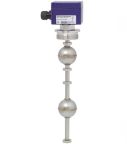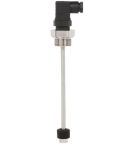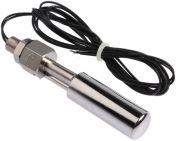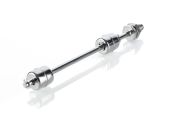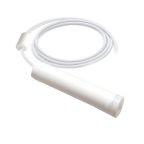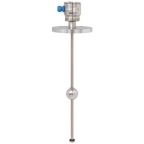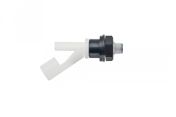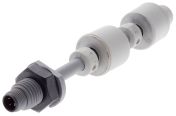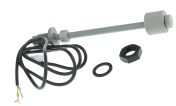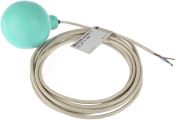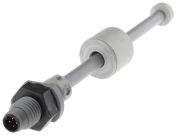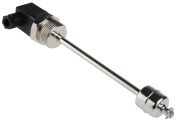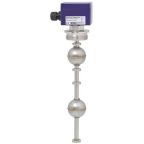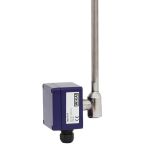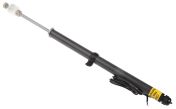Float Switches
What is a Float Switch?
A float switch is a level sensor used to detect the level of liquid usually in a tank, container or well. The flotation part of the device sits on top of the liquid and will switch on the rise and fall of the liquid. Float switches are used for automatic level control of groundwater, wastewater, and sewage pumps, for raw water and liquid transfer pumps at waterworks, and for high water alarm.
How does a Float Switch work?
Float switches have a reed switch and a pivoted magnet and can be used for normally open (N/O) or normally closed (N/C) operation. The switch action can be reversed rotating the switch through 180°.
The switch sits on top of a water level and the changing fluid level will cause the reed change to work (for instance close or open) at a specific level. The internal mechanical switch opens or closes the electrical circuit with gravity which enables it to turn equipment on and off such as a water pump.
What materials are float switches made of?
- Nylon – used for oils, diesel, organic chemicals.
- Polypropylene (PP) – acids and alkali, detergents, oils, water, organic chemicals.
- Polyphenylene sulphide (PPS) – used for more aggressive chemicals, and higher temperatures, up to 120ºC.
- Stainless steel – medical and food industries, hydraulic fluids, chemicals.
Features and Benefits
- Highly Flexible
- High Mechanical Load Rating
- Insensitive to Turbulence
- Shock and Rupture Proof
- WRAS approvals
Applications of Float Switches
Float Switches can be used in several situations, some of which include:
- Sump Pits
- Fuel Tanks
- Coolant Tanks
- Oil/Water Separators
- Wastewater and Sewage Treatment
Browse the broad range of Float Switches RS Group has to offer and order today for next day delivery
